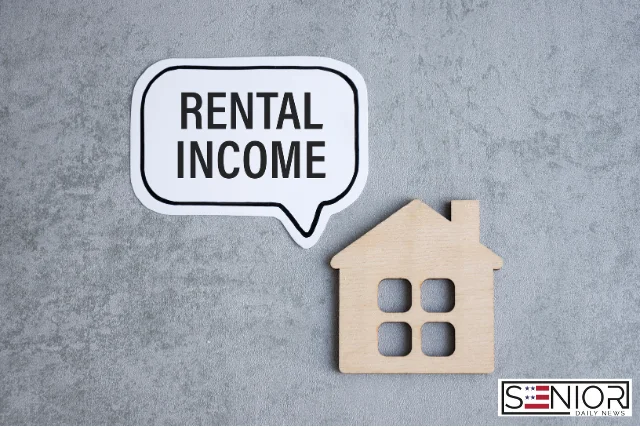Protect Yourself from Scam Phone Calls: A Guide for Senior Citizens

As technology evolves, so do the tactics of scammers. Unfortunately, senior citizens are often targeted by these fraudulent calls. It’s essential to stay informed and vigilant to protect yourself from becoming a victim. Here’s what you need to know about scam phone calls and how to safeguard yourself.
Common Types of Scam Calls
- Impersonation Scams: Scammers pretend to be someone you trust, like a family member, a government official, or a representative from a well-known company. They may claim that there’s an emergency, demand immediate payment, or ask for your personal information.
- Lottery or Prize Scams: These calls inform you that you’ve won a prize or lottery but require you to pay a fee or provide personal information to claim it.
- Tech Support Scams: A caller claims to be from a tech support team, warning you that your computer has a virus. They might ask for remote access to your device or demand payment for supposed repairs.
- Charity Scams: Scammers pose as representatives of a charity, asking for donations, often exploiting natural disasters or tragedies to seem legitimate.
- Bank or Credit Card Scams: You may receive a call claiming there’s an issue with your bank account or credit card, prompting you to provide account details or verify transactions.
How to Recognize a Scam Call
- Unexpected Calls: Be cautious of unsolicited calls, especially if they request personal information or money.
- High Pressure: Scammers often create a sense of urgency, insisting that you act immediately to avoid serious consequences.
- Unusual Payment Methods: Be wary if asked to pay with gift cards, wire transfers, or cryptocurrency. Legitimate companies and agencies don’t ask for payments this way.
- Too Good to Be True: If the offer seems too good to be true, it probably is. Prizes or winnings from contests you never entered are red flags.
- Request for Personal Information: Never share sensitive information, such as Social Security numbers, credit card details, or bank account numbers, over the phone unless you initiated the call to a trusted entity.
Steps to Protect Yourself
- Don’t Answer Unknown Numbers: Let unknown calls go to voicemail. Scammers rarely leave messages, but legitimate callers will.
- Verify the Caller: If you receive a suspicious call, hang up and contact the company or individual directly using a known, trusted number.
- Register with the Do Not Call List: Add your number to the National Do Not Call Registry to reduce telemarketing calls. Visit www.donotcall.gov or call 1-888-382-1222 to register.
- Use Call Blocking Features: Most phone providers offer call-blocking services. There are also apps available that can help identify and block potential scam calls.
- Report Scam Calls: Report any scam calls to the Federal Trade Commission (FTC) at www.ftccomplaintassistant.gov or by calling 1-877-FTC-HELP (1-877-382-4357).
What to Do if You Fall Victim
- Contact Your Bank: Immediately notify your bank or credit card company if you’ve given out financial information.
- Report the Incident: Inform local law enforcement and file a report with the FTC.
- Monitor Your Accounts: Keep a close eye on your bank and credit card statements for any unauthorized transactions.
Conclusion
Scam phone calls are a growing threat, especially to senior citizens. By staying informed and cautious, you can protect yourself from falling victim to these fraudulent schemes. Remember, it’s always better to hang up and verify the legitimacy of a call than to risk your personal information and financial security.
Stay safe and vigilant!






